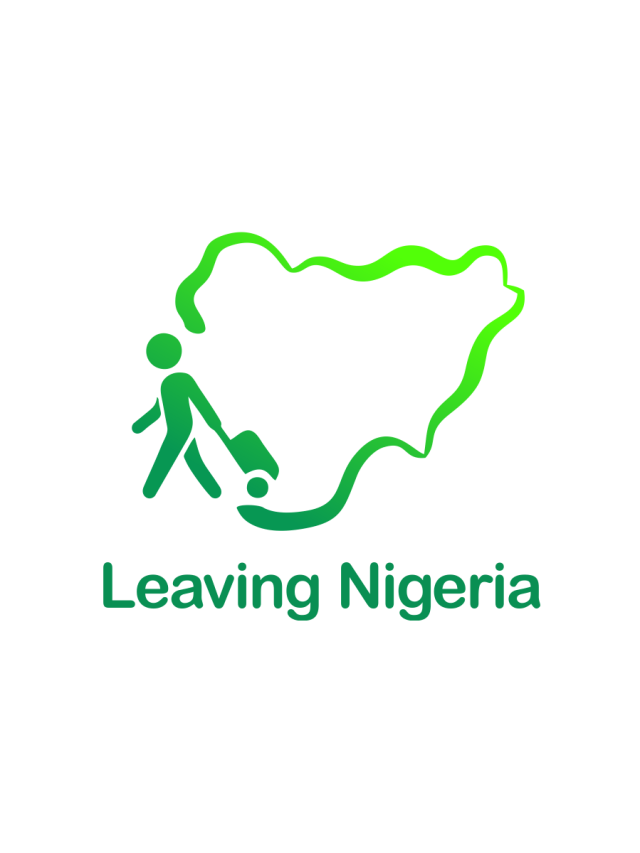
The Shuttleworth Foundation Fellowships for Social Change Innovators
Applications for The Shuttleworth Foundation Fellowships for Social Change Innovators is opened to individuals to implement their innovative idea for social change. The fellowship is most interested in exceptional ideas at the intersection between technology, knowledge and learning, with openness being the key requirement.
The application has been structured in a way that helps you build a narrative, from the problem statement to your specific approach, with enough free form to allow you to express yourself.
It is hoped that this application process will help you organise and articulate your thoughts in a way that is useful beyond this application, enabling you to express your idea with clarity that inspires momentum and gathers support.
Who Should Apply
Anyone can become a Shuttleworth Fellow. You do not have to have any specific level of education, or you could have a PhD. You do not have to have years of experience in the workplace or be an up and coming millennial. You do not have to be from any specific geography or nationality, you should just be able to communicate fluently in English. You do not have to have an organisation, but you can if you want to, and it can be for or not for profit. You do not have to be of any specific gender. You do not even have to be building software.
What you should have is a clear sense of how you can contribute to changing the world for the better. You should be able to articulate the problem, and your idea should offer a fresh approach to addressing that problem. You should be able to motivate why you are the best person to do this, and how this particular fellowship might help you do that.
This Shuttleworth Fellowship consists of anyone from college drop-outs to doctors (academic and clinical), students to professors, enthusiastic upstarts and seasoned veterans. They come from all over and work where they can make the most difference. The profile they share is one of openness, commitment and bravery.
We invest in individuals to change the world, now and in future. If you believe that is you, we could too.
We do not have a list of topics we are interested in funding or a call for proposals around a specific theme. Of course we have a sense of what critical problems could be addressed in the world. But an important part of the openness we practice is being open to ideas.
SEE ALSO: Open Society Fellowships in Investigative Reporting, South Africa 2021 (Fully Funded)
Below are areas in which we have already made substantial investments. If we were to invest in these further, we would look for exceptional ideas that advance the field beyond what we already know, that bring a fresh perspective or approach to addressing a specific aspect, or that radically re-imagine the concept at its core.
- Open education – creating open educational materials; building platforms to hold and share materials; establishing pathways for delivery and experimenting with sustainability and access models for effectively integrating open educational resources into formal education systems.
- Open government – encouraging and enabling open government data; establishing the veracity of public statements; building systems and process for more effective citizen/government engagement; and supporting citizen-led campaigns addressing important governance issues, especially around digital rights.
- Open science – experimenting with alternative approaches to advancing science and its impact on society by revolutionising scholarly communications and inviting citizen participation, rooted in openness.
- Telecommunications – addressing access and affordability by experimenting with mesh phone networks using both traditional and mobile handsets, establishing community owned and operated mobile phone networks (including the necessary policy, regulation and sustainability work) and combating spectrum congestion by using laser-enabled data transfer.
- Health care – building affordable, easily reproducible, high quality open medical devices supported by the process for designing, manufacturing, quality assuring, distributing and using these devices effectively; assessing and mitigating the negative impact patent systems have on access to medicines.
- Cultural expression – exploring web-enabled mechanisms to express culture – represented by music and history – more freely, widely and openly, for the benefit of marginalised groups and society as a whole.
- The Open Web – fortifying the practices that enable us to become and remain effective citizens of the web, with specific reference to reducing friction around end-user secure communications, contributor agreements, equitable access and how knowledge resources flow.
- The environment – enabling citizens to take back control of monitoring their environment, using open hardware and open data, to support conservation management, resource allocation, extractive industry regulation, food production and traditional knowledge stewardship.
If you are planning on applying and see your idea described here, pay special attention to articulating how your approach is innovative, adds value, what we might learn or discover.There are also many areas – thematic and geographic – in which we are just getting our feet wet or have not yet found the right fit in investment. We look forward to being challenged and surprised.
About The Shuttleworth Foundation
The Shuttleworth Foundation is a small social investor that provides funding to dynamic leaders who are at the forefront of social change. We look for social innovators who are helping to change the world for the better and could benefit from a social investment model with a difference. We identify amazing people, give them a fellowship grant, and multiply the money they put into their own projects by a factor of ten or more.
The Foundation is at its core an experiment in open philanthropy and uses alternative funding methodologies and collaborative ways of working to ensure that every fellow receives the necessary support to succeed.
Our ideal future is one where it is much easier to find solutions to social challenges in a global open knowledge society with unhindered access to essential information and limitless opportunities for innovation and replication. Knowledge is open if it is free to use, reuse and redistribute without legal, social or technological restriction. In this sense an open knowledge society is one in which a superset of open data, open content, open access and open source is available to all.
Mark Shuttleworth started the Foundation in 2001. Known for pushing boundaries in every sphere he becomes involved in, Mark continues to drive change in the world through the Foundation. The Foundation prides itself in investing in initiatives and individuals who challenge the status quo and actively contribute to positive change.
[vc_row css_animation=”” row_type=”row” use_row_as_full_screen_section=”no” type=”full_width” angled_section=”no” text_align=”left” background_image_as_pattern=”without_pattern”][vc_column][vc_column_text][/vc_column_text]APPLY HERE[/vc_column][/vc_row]
For more information about this fellowship, visit the official website here.
Discover more from Leaving Nigeria
Subscribe to get the latest posts sent to your email.



